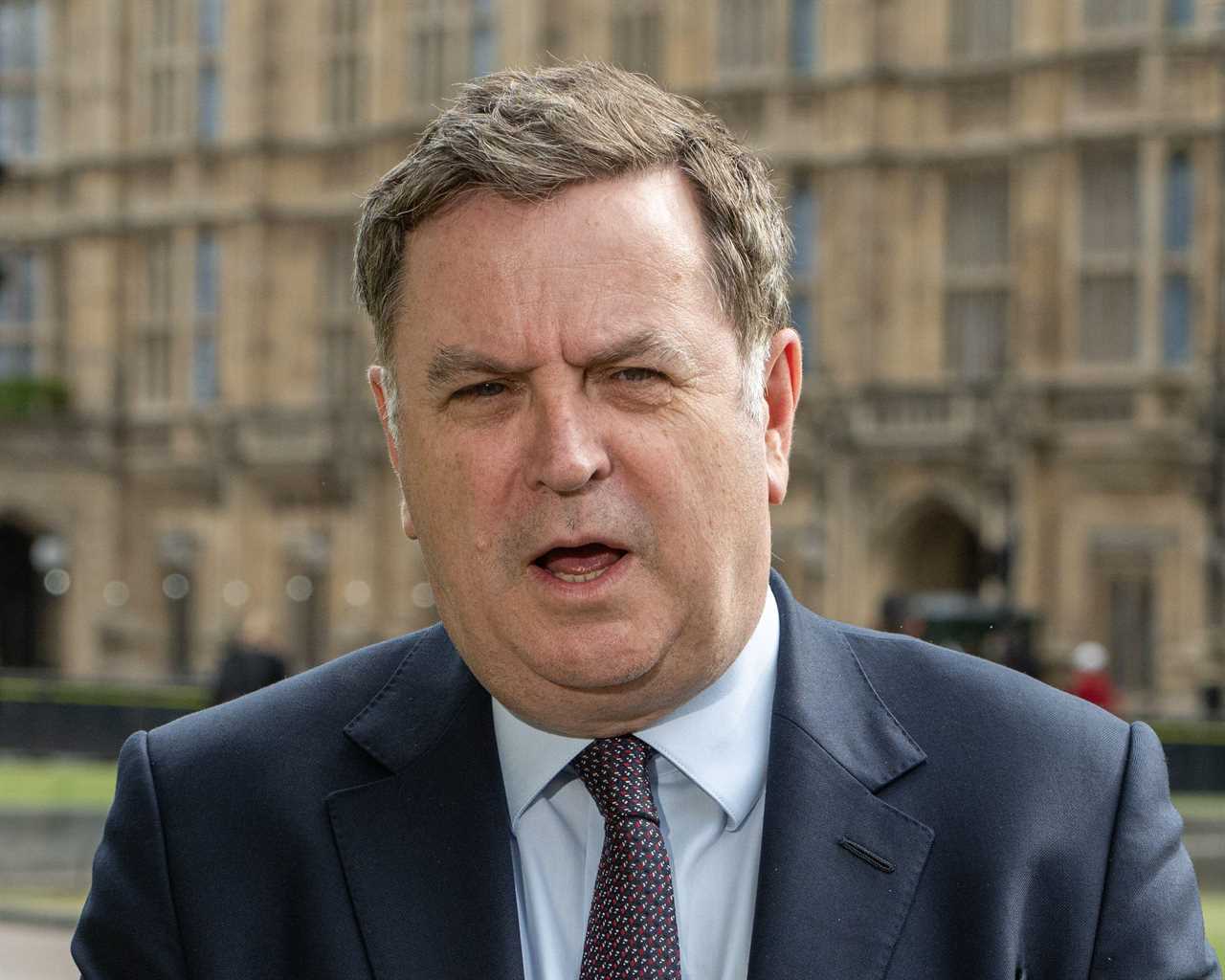
In the realm of social welfare policy, the debate around scrapping the two-child benefit cap has stirred controversy, with Shadow Chancellor Mel Stride cautioning that Sir Keir Starmer lacks the necessary mandate for such a move. This latest political skirmish highlights the delicate balance between election promises and evolving policy priorities, signalling potential shifts in Labour's stance.
The Political Promise vs. Policy Pivot:
As the government contemplates abandoning the two-child benefit cap, initially a Conservative policy, questions arise regarding the legitimacy of this potential U-turn. Shadow Chancellor Stride's critique underscores the tension between election commitments and the fluid nature of governance. Does this signal a necessary pivot in social welfare policy or a breach of trust with voters who endorsed a different path?
Social Welfare and Child Poverty:
At the core of this debate lies the intricate web of social welfare structures and their impact on child poverty. Education Secretary Bridget Philipson's remarks shed light on the crucial role of social security in combating child poverty, framing the discussion within broader socioeconomic contexts. How do policy decisions, such as the two-child benefit cap, intersect with efforts to address systemic inequalities and support vulnerable families?
Labour's Evolving Position:
Labour's shifting stance on the two-child benefit cap unveils deeper ideological undercurrents within the party. From election pledges to policy realities, the dynamics of governance unfold against a backdrop of competing priorities. How can political parties navigate the complexities of policy-making while honouring electoral promises and responding to evolving societal needs?

Impact on Vulnerable Families:
Scrapping the two-child benefit cap carries significant implications for vulnerable families dependent on social welfare support. The potential removal of this restriction prompts reflections on the broader implications for child poverty rates and the well-being of low-income households. How can policy changes strike a balance between fiscal responsibility and social justice, especially in the realm of family support?
In the nuanced landscape of social welfare policy, the debate over the two-child benefit cap encapsulates broader themes of political accountability, social justice, and economic prudence. As competing visions clash within the political arena, the implications for vulnerable families and the wider societal fabric remain at the forefront of this evolving narrative. The intricacies of governance, public trust, and societal well-being intersect in this complex tapestry of policy deliberations.
Did you miss our previous article...
https://trendinginthenews.com/uk-politics/the-impact-of-tax-policies-on-high-street-salons-a-nuanced-analysis






